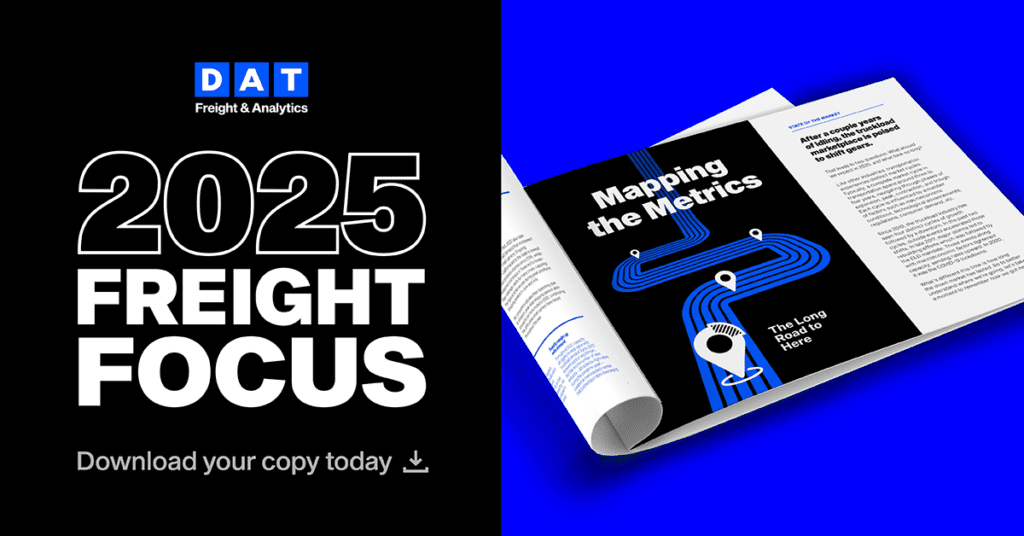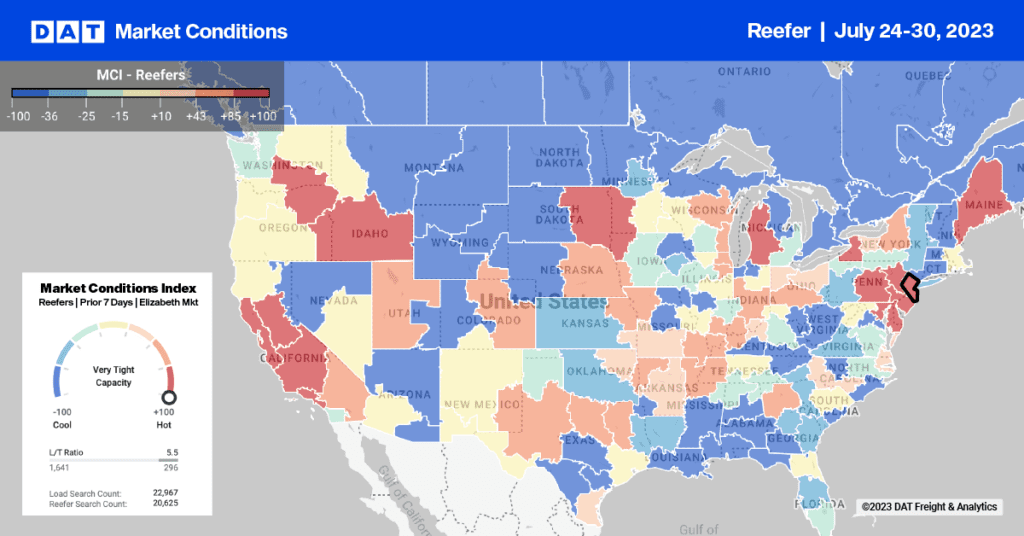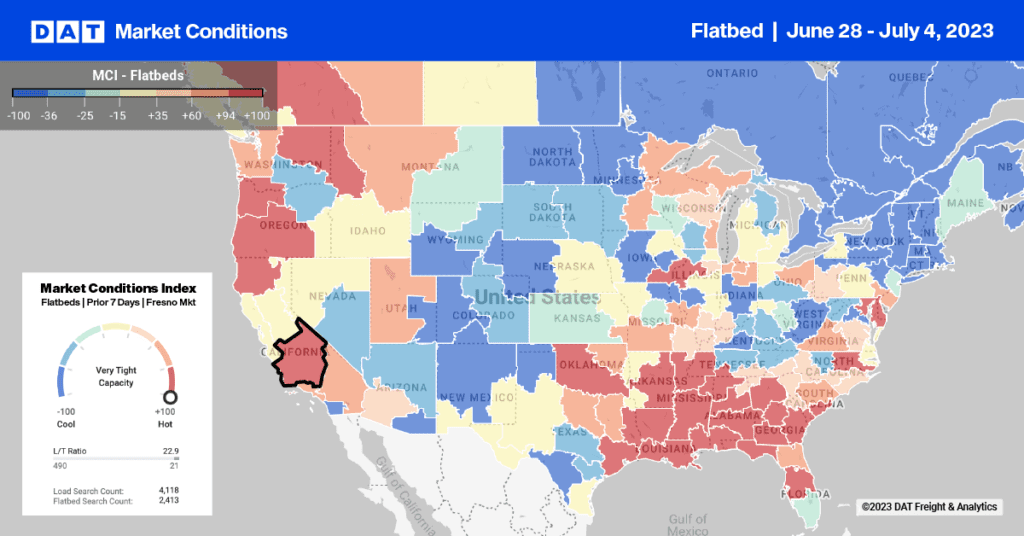According to a 2010 report from the FBI, about $30 billion in cargo goods are stolen each year. These are only estimates, because some companies don’t report cargo theft. They prefer to avoid bad publicity, insurance rate increases and other unpleasant consequences. According to the same report, manufacturers sometimes pass costs of theft along to consumers, resulting in price increases of up to 20%.
Cargo crime has more hidden consequences to the carrier’s bottom line than you might realize. Hidden costs include:
– Extra customer contact and service, to prevent loss of business
– Criminal investigations that tie up personnel
– Expedited deliveries to replace stolen goods
– Rising insurance rates
Meanwhile, cargo thieves are getting bolder and more sophisticated, willing to take larger risks as the average value of cargo shipments continues to climb. Some instances of cargo theft are linked to organized crime and involve insurance fraud, money laundering, drug trafficking and other illegal activities.
CargoNet’s Cargo Theft Report for the first half of 2011 noted that five categories of products accounted for 60% of stolen cargo: electronics, food and beverages, apparel and, more recently, metal, plastic and rubber products. Pharmaceutical products account for the biggest dollar value in losses, although they are not stolen as often as the other items. The average loss reported per incident of theft was over $210,000 in the first half of 2011, but the estimated value was well over $300,000 because companies don’t always report the full amount
Here are just a few tips to help you prevent cargo theft:
1. Plan in advance for theft prevention and recovery. You can help to prevent theft by equipping your power units or trailers with a GPS tracking system. Thieves prefer to steal cargo or entire trailers that can’t be traced. Check with your insurance provider to see whether this purchase qualifies you for premium credits or a partial waiver of your deductible. Those savings could help to offset the cost of the new system.
2. Get to know your load providers. Sometimes a criminal will impersonate a legitimate logistics company and try to double-broker a load. If the cargo is stolen, or the load provider is a fraud, you won’t get paid for the trip. Don’t be a victim. Take the time to learn about the shippers and freight brokers who offer you cargo, including freight from load boards. Check the load providers’ credit records and their business references.
3. Train and inform employees. Train your employees to be alert and to watch out for suspicious behavior. Make sure your employees know what type of goods they are dispatching and hauling, especially when the cargo is valuable, so they can guard against theft. Cargo thieves tend to strike at night and on weekends. Urge dispatchers and drivers to schedule overnight stops in a truck stop or lot with 24-hour surveillance and security cameras. A fence is not enough.
4. Get adequate coverage. When you are carrying high-value cargo, especially products such as electronics items that can be re-sold, be sure you have enough cargo insurance to cover the replacement value of the load. Shippers will want to know that you have the ability to handle any claims, if they arise.


